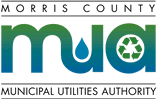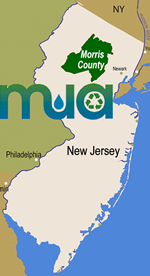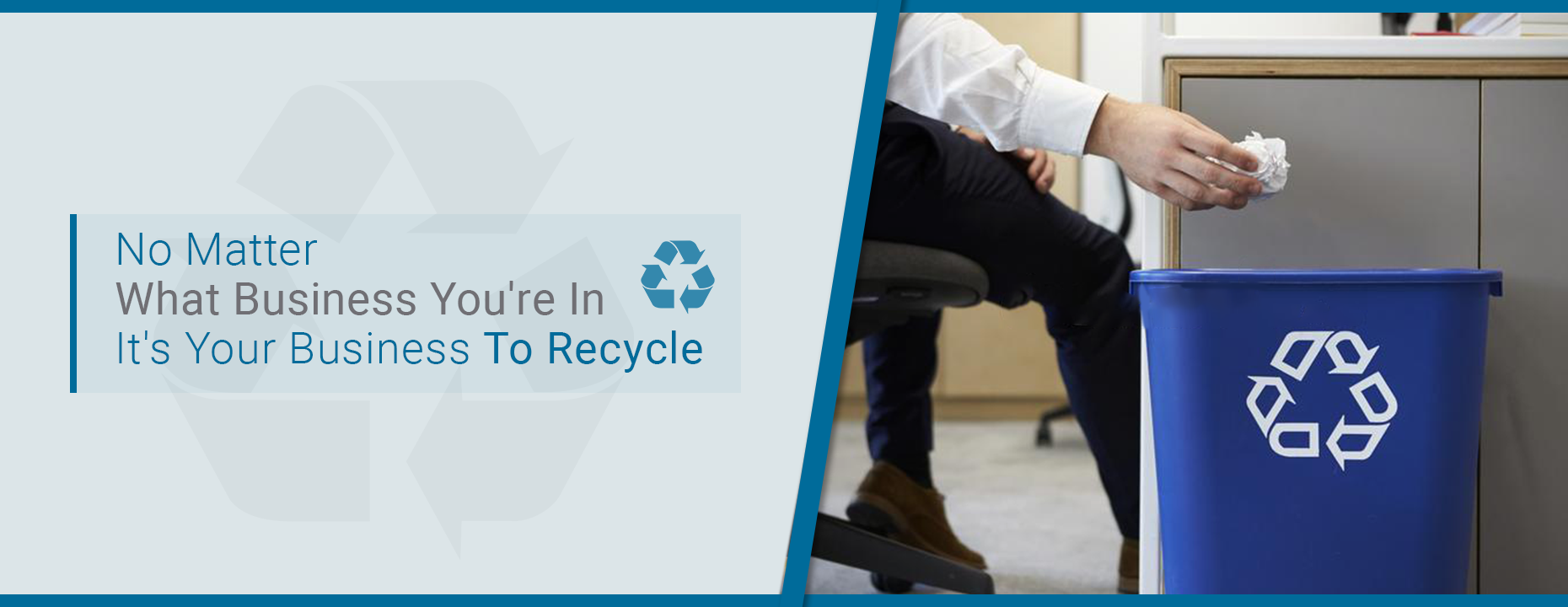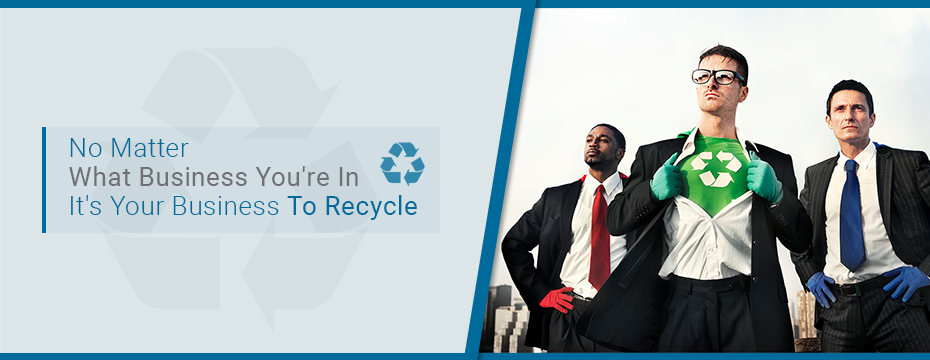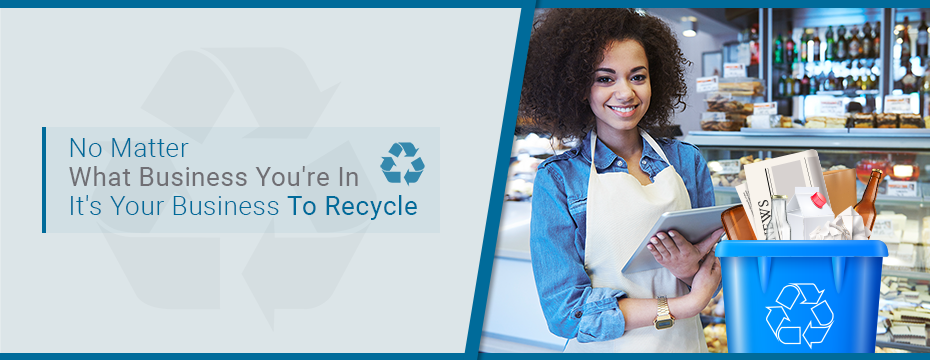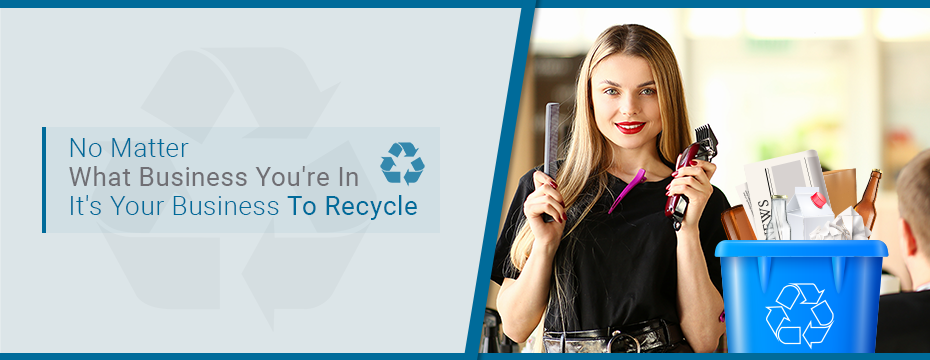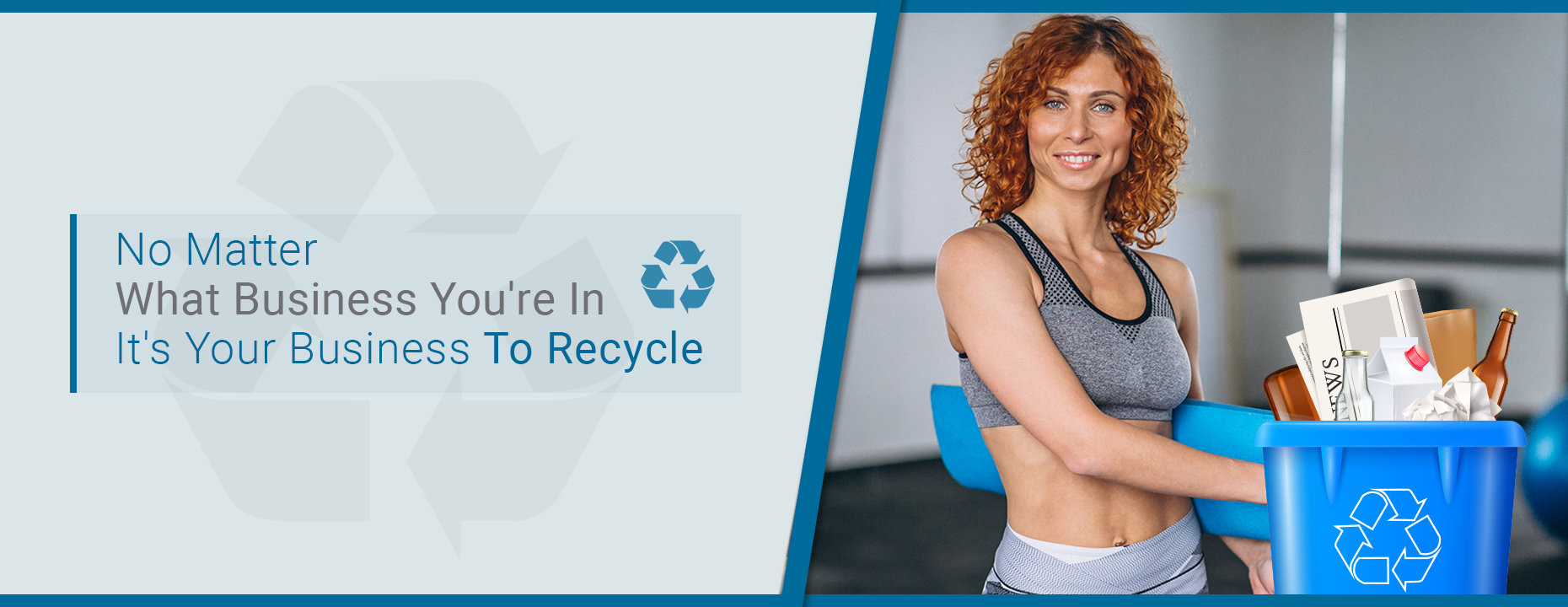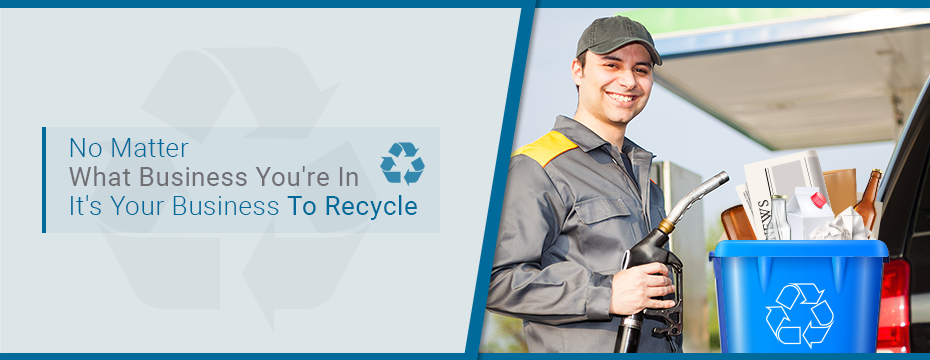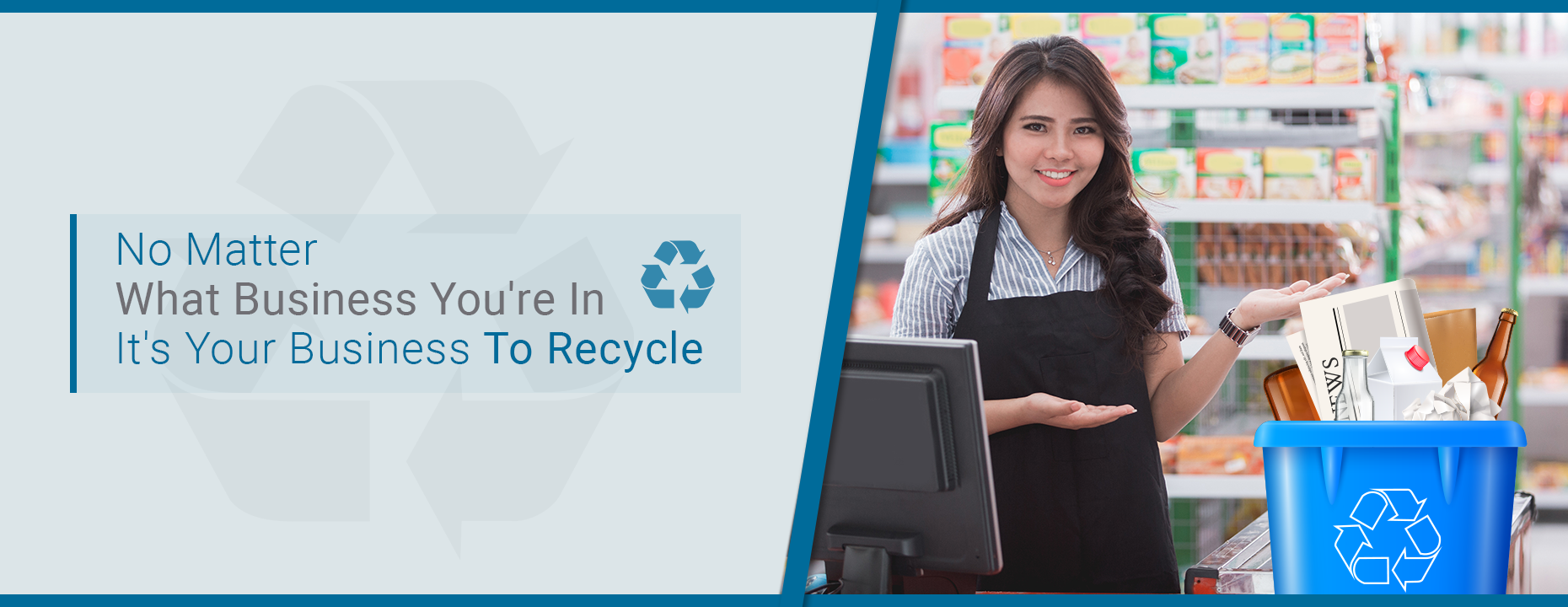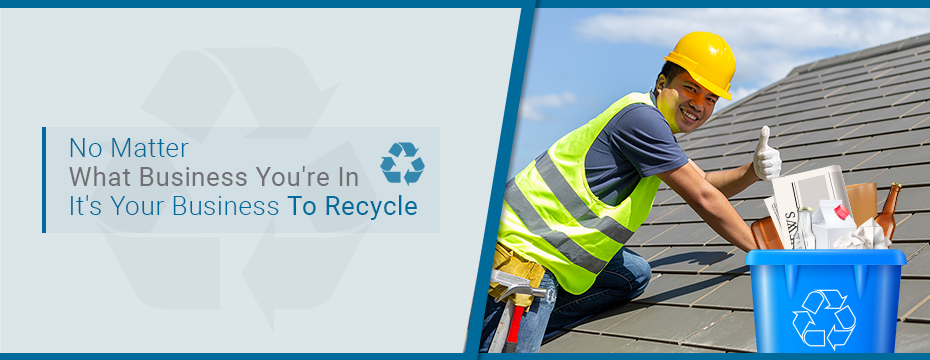Transfer Station Info (Tip Fee $113.00/ton)
- Mt. Olive Mon-Fri 7:30am-3pm; Sat 7:30am-11am
- Parsippany Mon-Fri 7am-3pm; Sat 7:30am-11am
- No Rental Trucks
- Payment by Account, Check, Credit Card. No Cash
Business We Help and Serve
![]() Solid Waste Hauler
Solid Waste Hauler
Using the MCMUA transfer stations and other facilities...
![]() Private Sector Business
Private Sector Business
At home we recycle, create waste and use water...
![]() Government Institution
Government Institution
At work we also have to recycle and more...
Business Quick Links
Recycling Mandates & More...
Garbage Disposal - Transfer Station Info for Business
Q. What is the cost (tipping fee) to dump garbage at the transfer stations?
A. Click here for information on the current tipping fees charged at the MCMUA transfer stations.
Q. Do I need an NJDEP decal on my truck to dump garbage?
A. State law requires all commercial vehicles and/or vehicles with commercial license plates to have current NJDEP hauling decals on them in order to haul waste and to use the MCMUA transfer station, or any other NJ disposal facility, for that matter. Click here for more information regarding NJDEP decals and registration. The only exception to this NJDEP decal requirement is for residents hauling their own garbage in non-commercial vehicles having a gross vehicle weight under 9,000 lbs. All haulers, businesses, landscapers, contractors, etc. who transport waste to the transfer station must have vehicles with NJDEP decals on them.
Q. What are the MCMUA's insurance requirements to use the transfer stations?
A. Click here for information on the current insurance requirements to use the transfer stations.
Q. Do I need to establish a transfer station account to use the transfer stations?
The MCMUA will allow a business to enter three (3) times in a lifetime and pay by check before they are required to open an account. Please utilize this time to start the process of opening an account to meet all MCMUA requirements. If using a check, it cannot be altered or be a temporary check. The transfer stations do not accept cash or credit cards. Residents are not required to set-up a transfer station account unless they find it more convenient. Click here for information about setting up a transfer station account.
Haulers with Accounts - Must deposit money in the account and maintain the required minimum balance. The minimum balance will be established individually for each account and will be an estimate of the cost of two average days of disposal. When the account balance falls below the required minimum balance, a company will be denied access to the transfer stations until additional funds are deposited into the account. Additionally, it is suggested that you plan to maintain balances significantly above the minimum to prevent any disruptions in service. Please click here to see your depositing options.
Q. Is all garbage generated in Morris County required to be disposed of at the MCMUA transfer stations?
ssA. In short, the answer is "Yes." Click here for additional information regarding the waste flow requirements of Morris County and its NJDEP-approved solid waste management plan.
Q. Are the loads tipped at the transfer stations inspected?
Loads tipped at the transfer stations are inspected for improper materials such as mandated recyclables, hazardous waste, medical waste, and/or liquid waste, etc. If the transfer station inspector writes up a load for containing mandated recyclables, it is likely to be done for educational purposes; violations are rarely pursued if the parties immediately cooperate with Morris County's recycling requirement. Drivers should not give the transfer station floor inspectors a difficult time for writing up issues about certain loads. Any and all cooperation to figure out how not to deliver non-compliant loads is helpful and greatly appreciated. Click here to read a 2007 letter to transfer station customers explaining the inspection process at the transfer stations for improperly dumped recyclables that are mandated to be source separated.
Q. Are Leadership in Energy and Environmental Design (L.E.E.D.) certifications provided when disposing of garbage at he MCMUA transfer stations?
A. Because the two MCMUA transfer stations are disposal facilities where garbage is delivered for staging to be transferred to landfills for ultimate disposal, there is no materials recovery activity happening to the garbage. As such, the MCMUA does not provide any L.E.E.D certifications with respect to the garbage it accepts at its transfer stations. One should assume all garbage delivered to the transfer stations is ultimately delivered to facilities for disposal. Anyone seeking to recycle waste generated in Morris County must keep recyclable materials separate from the garbage prior to delivering the recyclable material to a recycling facility. You can then assume 100% of your source-separated recyclables are recycled by the recycling facility and that information related to them will be included in reports for L.E.E.D. certification. Morris County's Solid Waste Management Plan requires source separation recycling to be the primary means to separate recyclables from the garbage.
Q. Can the public use the scales located at the transfer stations to obtain vehicle weights?
The truck scales located at each of the MCMUA transfer stations are only for the use of conducting transfer station businesses. The scales are not available for use by the public unless being used to weigh vehicles to determine the quantity of waste tipped during a transfer station visit.
Recycling for Businesses
- Recycling Mandates and Laws - Source separation recycling for designated materials is mandated by law for all businesses and institutions in Morris County.
- The MCMUA may be able to provide recycling collection service for businesses located along its residential collection routes. The MCMUA also provides recycling collection in select business districts such as in Morristown and Denville. We are excited to offer single-stream recycling collection, which makes compliance with source separation mandates comprehensive and easy. Contact us to see how we can help improve your business recycling program.
- While construction and demolition debris (waste type 13C) is not mandated to be recycled in Morris County and can be disposed of at the MCMUA transfer stations, much of it is potentially recyclable and many recycling facilities accept and recycle it. To be compliant with Morris County waste flow control requirements, these recyclable materials must be separated from other garbage on site prior to being transported to a recycling facility. In addition, the remaining garbage must be disposed of at the MCMUA transfer stations. The MCMUA has not entered into any agreements with any materials recovery facilities allowing them to assume responsibility for these waste generator's obligation of separating recyclables from garbage. Sending mixed recyclables and garbage to a processing facility to have recyclables separated from the garbage for you is likely to violate laws and regulations related to source separation recycling and waste flow control mandates. Please recycle properly to avoid being non-compliant.
- While a great deal of construction material is packed in corrugated cardboard, corrugated cardboard is mandated to be source separated and recycled in Morris County and cannot be mixed with construction and demolition debris being disposed of.
- It usually does not make sense to only have one dumpster at a construction/demolition site since it will be necessary to put certain materials into the garbage and recycle others. Mandated recyclables cannot be mixed with garbage for disposal.
-
Recycling Activities and Notification of Exemption form
New Jersey Department of Environmental Protection (NJDEP) Permitting - The NJDEP has
established an exemption notification system that allows limited business recycling activities to occur without requiring the business to
obtain an NJDEP permit or general approval. As long as the
recycling activity of the business stays within the limitations of the exemption, which includes compliance with all other laws and regulations, the recycling activity is allowed to occur.
Many of these recycling activities impact landscapers and contractors
and the management of job debris. Click here for more information
about recycling facility exemptions.
Hazardous Waste Information For Business
Q. Can a business use the MCMUA hazardous waste program?
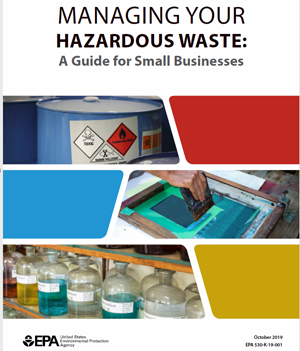 A. Pre-qualified businesses and institutions determined to be a Very
Small Quantity Generator (VSQG) may drop off
hazardous waste at the MCMUA's permanent HHW facility located
at the Mount Olive transfer station
by appointment and for a $2.00/lb. fee.
Very Small Quantity Generator (VSQG) Approval Form - Must be completed by all VSQGs prior to establishing appointment to drop-off any hazardous waste.
Business or institutional waste is not accepted at MCMUA one-day hazardous waste disposal programs.
A. Pre-qualified businesses and institutions determined to be a Very
Small Quantity Generator (VSQG) may drop off
hazardous waste at the MCMUA's permanent HHW facility located
at the Mount Olive transfer station
by appointment and for a $2.00/lb. fee.
Very Small Quantity Generator (VSQG) Approval Form - Must be completed by all VSQGs prior to establishing appointment to drop-off any hazardous waste.
Business or institutional waste is not accepted at MCMUA one-day hazardous waste disposal programs.
- Click here to refer to a guide prepared by the EPA in October 2019 called, "Managing Your Hazardous Waste: A Guide Foe Small Businesses."
- Click here to view a fact sheet summarizing the Requirements for a Very Small Quantity Generator
- $15.00/c.y. - Wood Mulch Pick-up
- Mount Olive
28-42 Old Waterloo Road, Budd Lake, NJ 07828 - Parsippany Site
500 West Hanover Ave., Parsippany, NJ 07054
- Water Quality Reports
- Application for Connection to MCMUA Water System (Microsoft Word document to fill out electronically and email)
- Application for Connection to MCMUA Water System (PDF to print and fill out by hand and physically mail)
- MCMUA "Wet-Tap" Connection Standards All “wet tap” connection made on a Morris County Municipal Utilities Authority (MCMUA) water main shall be authorized through an approved Application for Connection to MCMUA Water System issued by the MCMUA to a customer municipality or utility. The permit holder shall be responsible for the integrity of the connection in perpetuity and for any damage to MCMUA facilities during installation. The permit holder or its agent shall be responsible for securing any other permits required to perform the work, and for all labor, material and equipment necessary to install the connection.
Q. Are there rechargeable battery recycling programs for businesses?
Call2Recycle® will provide free-of-charge drop-off boxes to any business for the collection and recycling of their own rechargeable batteries. All one has to do is sign up online at http://www.call2recycle.org. Retailers open to the public will be listed on the Call2Recycle® zip code locator and toll-free help-lines to encourage residents to recycle. Additionally, businesses can still participate in the Call2Recycle® program without being advertised as a public drop-off location if they do not want to listed as such. Since everything is free of charge, the MCMUA is encouraging every business and/or public agency to request a drop-off box for its office or work site. Click here for more information about household battery recycling/disposal.
Compost/Mulch Sales & Vegetative Waste Recycling for Businesses
Bulk compost and mulch sales and leaf, grass and brush recycling
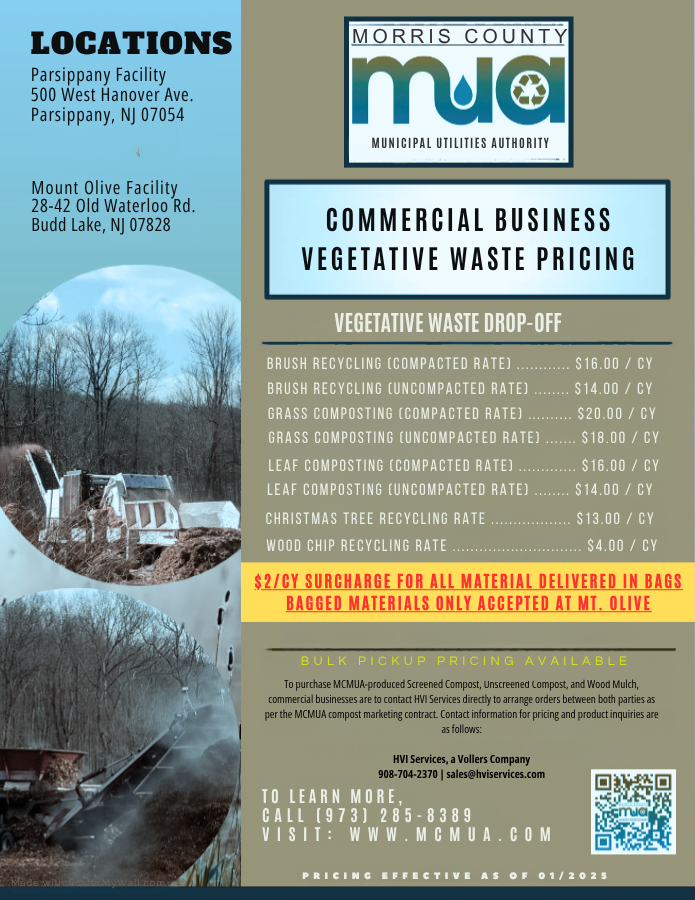
![]() The MCMUA has a compost sales agreement with
HVI Services, a Vollers company, to market all commercial outbound compost and mulch material on behalf of the MCMUA.
All pricing and sales of compost to commercial customers is to be coordinated between HVI Services, a Vollers company, and the customer.
The MCMUA has a compost sales agreement with
HVI Services, a Vollers company, to market all commercial outbound compost and mulch material on behalf of the MCMUA.
All pricing and sales of compost to commercial customers is to be coordinated between HVI Services, a Vollers company, and the customer.
HVI Services, a Vollers company
Telphone: 908-704-2370
Email: sales@hviservices.com
Web: www.hviservices.com/
For current compost pricing click here or review the "Commercial Business Pricing" flyer.
Wood Mulch Pricing from the MCMUA
Site Locations
Please note, this additional drop-off service by is separate from the MCMUA's general use requirements needed to access the facilities and pickup material.
Q. What are the insurance requirements to use the MCMUA compost facilities?
A. The MCMUA compost facilities have the same vehicle and worker's compensation insurance requirements as those for the MCMUA transfer stations. Click here to view these insurance requirements. Vehicles may not enter the MCMUA compost facilities without first providing proof of insurance coverage in the form of valid certificates of insurance.
Q. Is the compost tested?
A. Compost material goes through routine sampling at both facilities as required by the New Jersey Department of Environmental Protection (NJDEP).
Q. Where are the facilities located for dropping off and purchasing bulk material?
A. Our Parsippany facility is behind the Morris County Public Safety Training Academy at 500 West Hanover Avenue, Parsippany 07054. Click here for directions. Our Mount Olive facility is off Waterloo Valley Road in the International Trade Zone in Mount Olive. Click here for directions.
